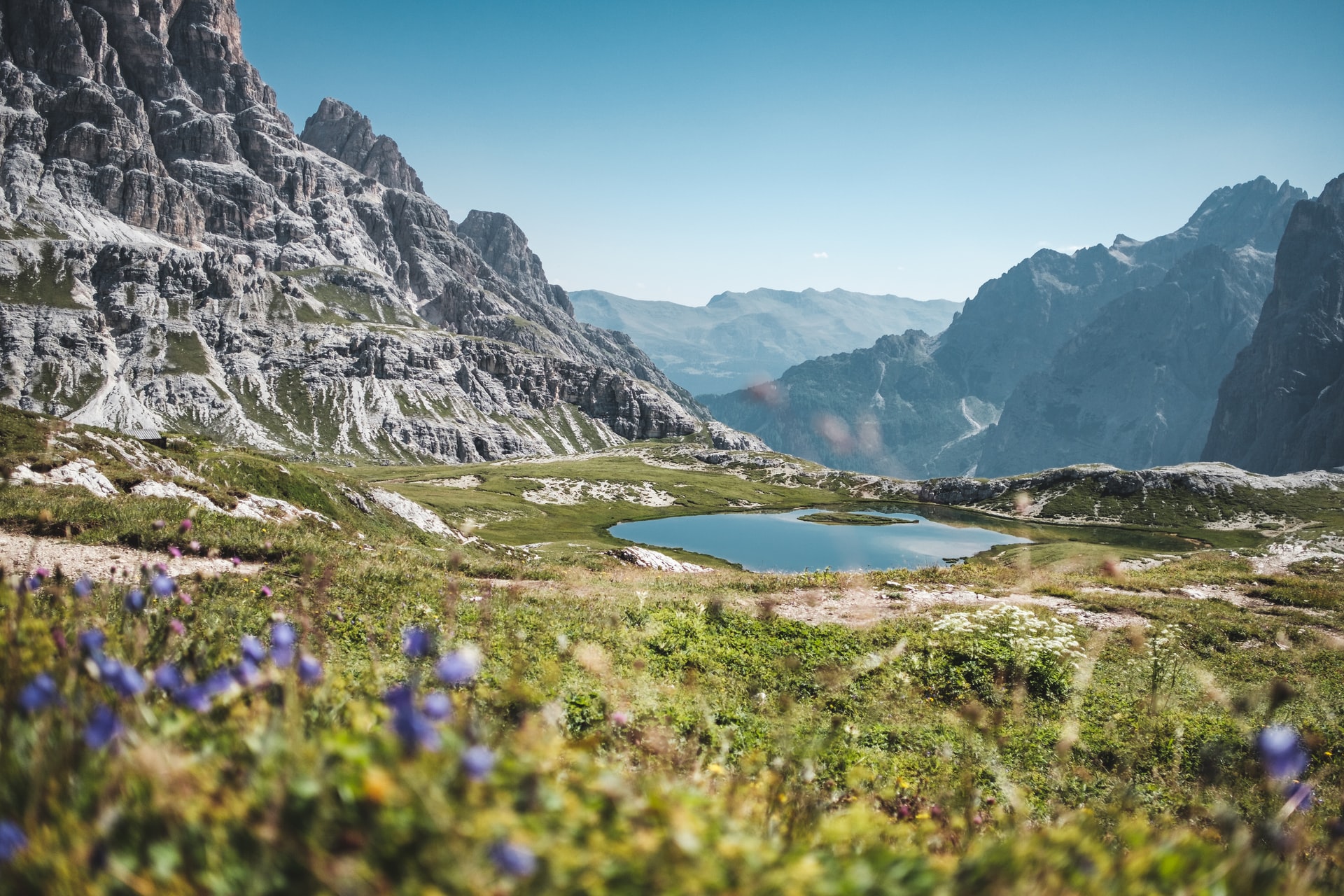
Interreg Alpine Space launched its 21-27 programme aiming for simplification and inclusion
-
23/11/2021
Around 660 participants followed the Interreg Alpine Space Kick-Off Conference, hosted in Austria, the country chairing the programme in 2021. The Interreg Alpine Space programme co-finances and supports cooperation projects across the borders of seven Alpine countries (Austria, France, Germany, Italy, Liechtenstein, Slovenia, Switzerland).
- The presentations and, soon, the recordings, are available on their website.
Where is tourism in the Alpine Space?
The new Alpine Space programme aim to produce outcomes with long-term effects, backed by proactive stakeholders in a strong Alpine-wide community.
Here are the 4 priorities of the new Alpine Space 2021-2027 program:
- Climate resilient and green
- Carbon neutral and resource sensitive
- Innovation and digitalisation
- Cooperatively managed and developed
Tourism is mentioned as one of the key sectors in the objective 2.2 “Promoting the transition to a circular and resource efficient economy” to adopt circular economy approaches in order to strengthen the economic development in rural as well as in urban regions.
And in the objective 3.1 “Developing and enhancing research and innovation capacities and the uptake of advanced technologies”, in particular to promote and explore application of social innovation to services of general interest, sustainable tourism or mobility. The programme aims to improve research and innovation capacities in the Alpine region. It also contributes to reduce the polarisation between urban and rural regions by improving inter-regional cooperation.
The first calls for project have already been launched
The second day was a technical overview by the programme secretariat, with the goal to explain what shaped a good project application in the Alpine Space programme. The secretariat announced a simplification of the process, introduced by a number of measures to make project management easier and a policy learning platform with an emphasis on capitalisation.
The new addition is the introduction of small-scale projects to “reach out to newcomers and open the door to experimentation”, with smaller partnership (3 countries minimum), a faster 1-step selection procedure, less budget, and less time overall than classic projects.
But also, there has been a simplification of rules and procedures (including travel costs accounted as a flat rate based on staff costs on top of admin costs), simplified cost options (including lump sums) and harmonisation with other programmes.
As we wait for the launch of the monitoring platform (called Jems) in January or February, applicants are already invited to start working on their application.
- Dealine for "classic" projects is February 28: download the terms of reference
- Deadline for "small-scale" projects is April 22: download the terms of reference
Fighting against Climate change
On the first day, the program presented its achievements and the objectives of the new programme.
Dr. Brigitta Pallauf, President of the Regional Parliament of Land Salzburg, opened the conference stating “tourism is a major force economic development and job creation in the Alpine region”. The Alpine Space programme offers the opportunity for cooperation to combine research and innovation with digital solutions, to learn good practices from one another. Climate change is affecting Alpine Space and, for the new programme, circular economy and digitalisation are the solutions. That’s why the Alpine region aims to develop a sustainable exploitation for natural resources, including a healthy and attractive tourism offer.
Leonore Gewessler - Federal Minister of the Austrian Federal Ministry for “Climate Action, Environment, Energy, Mobility, Innovation, and Technology” – said “the effects of global warming are twice as fast in the Alps than the rest of the Northern Hemisphere. But we can take the right decisions before 2030 to mitigate and adapt to the climate crisis”. “There is no vaccine for climate change” added an expert.
NECSTouR project hub on Interreg programmes
Alpine members are invited to contact NECSTouR secretariat if they are interested in creating a project for the programme or to join existing consortiums. Other Interreg programmes covered include Interreg Europe, Interreg Euro-MED and Interreg North-West Europe.